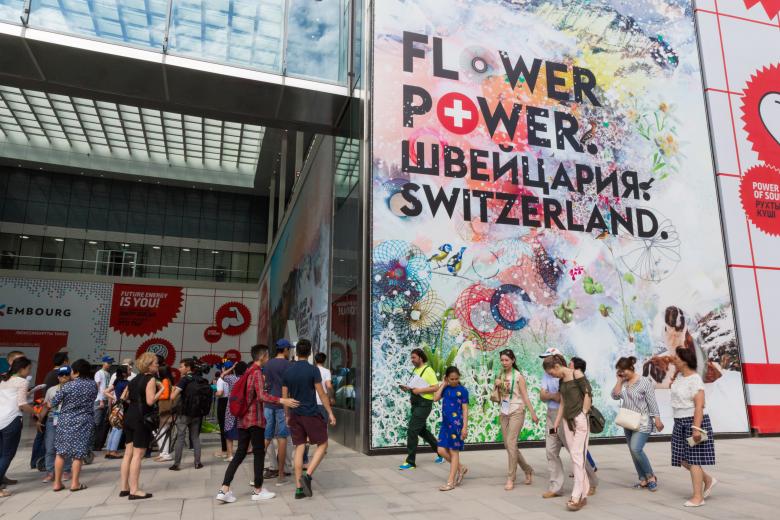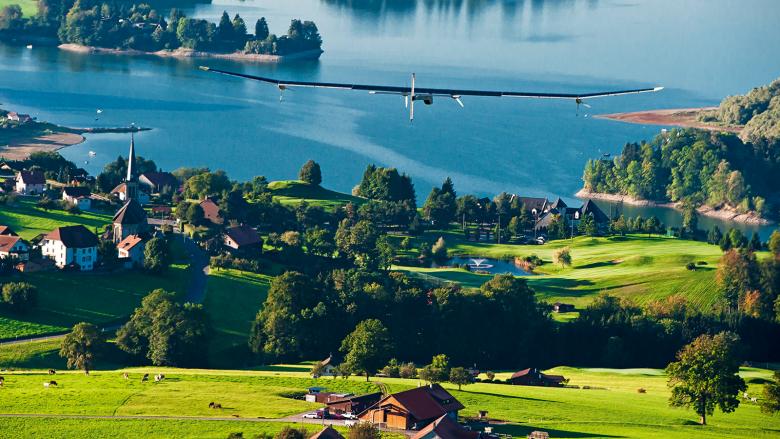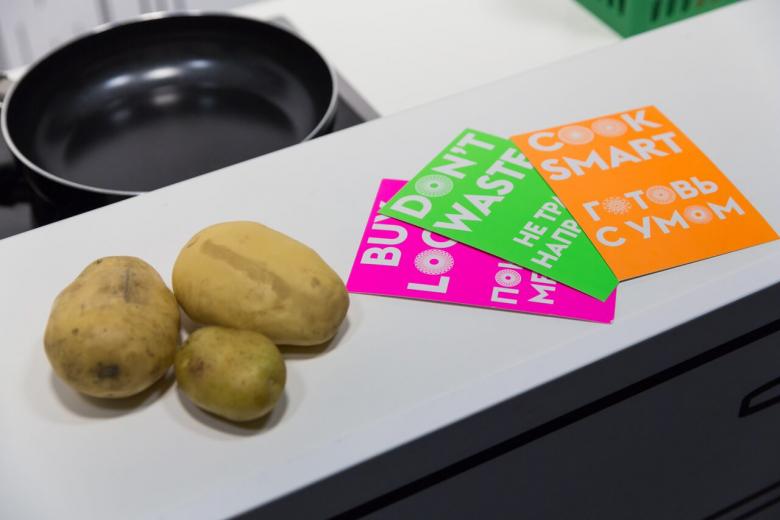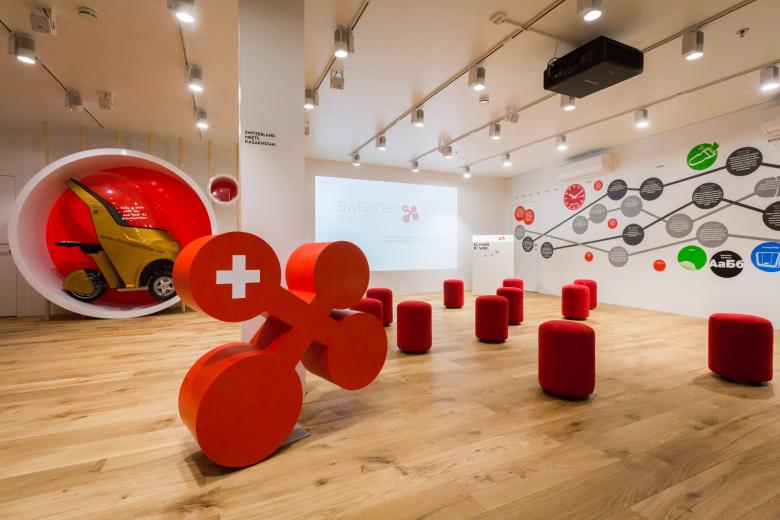Green energy and innovation at the Swiss Pavilion in Astana
Expo 2017 kicks off on Saturday in Kazakhstan on the theme of the energy of the future. Switzerland showcases its natural resources and innovative strengths.
Swiss flower power
Astana, the capital of Kazakhstan, a Central Asian country nestled between Europe, China and Russia, is welcoming the world to Expo 2017. Over five million visitors and hundreds of exhibitors are expected to take part in the 90-day international exhibition from 10 June to 10 September. Why is the Swiss pavilion undertaking this long journey to Central Asia? What awaits visitors, most of whom will be Kazakhs, at the Swiss pavilion? What will the Swiss pavilion tell the world about the energy of the future? We introduce Flower Power, the Swiss pavilion.

The challenge of solar energy
“The theme chosen by the organisers of Expo 2017 in Astana – the energy of the future – is very much in line with Switzerland’s reality. Switzerland has recently adopted an Energy Strategy 2050 and is fully committed to a gradual transition from fossil fuels to renewable energies. Nature will play an essential role, and Switzerland is especially fortunate in this regard. Switzerland is at the cutting edge in the field of solar energy in particular,” explains Nicolas Bideau, the director of Presence Switzerland.
“A replica of the Monte Rosa hut in the pavilion showcases not only the beauty of Switzerland’s glaciers but also innovative Swiss solutions in the field of solar energy. We are also presenting SolarStratos, the next Swiss solar challenge.”

Switzerland is justifiably proud of its most famous mountain hut and its solar aircraft. The visitors will leave the pavilion with some understanding of the very real technological challenges involved in the thousands of photovoltaic cells and thermal solar collectors that allow a building at 2,883 metres above sea level to be energy self-sufficient and to fly an aircraft into the stratosphere.
Rösti to promote energy efficiency
Rösti is not an obvious choice when attempting to raise public awareness of ways to achieve energy savings. In Astana visitors will nonetheless be invited to sample the world-famous Swiss potato delicacy, prepared on a hot stove by a chef who does not mince words: choose locally grown potatoes to reduce transport-related costs and emissions; compost potato peelings to produce biomass; measure the water and cover the pot in which you parboil the potatoes before you put them in the frying pan – these are some of his tips for greater energy efficiency in the kitchen.


Swissnex in the land of the Kazakhs
This is the first time that the capital of a Central Asian capital will organize a world exhibition. Given that Kazakhstan is at the crossroads of the global giants that are Europe, Russia and China, Expo 2017 is a good opportunity to promote Switzerland, to show what it can do – and do well – and to network with stakeholders on-site. The ‘Swissnex mobile’ platform within the Swiss pavilion will also help to forge links between stakeholders from the scientific, education and innovation sectors and experts from a wide range of disciplines.

“Choosing the right Swiss examples that will speak to a particular culture is not easy. You have to find the right balance between what will grab the public’s attention and what’s important for them,” explains Nicolas Bideau. "Kazakhs will of course expect us to talk about what our natural landscapes have to offer, and about our traditions and expertise. But they also expect us to be interested in their priorities.”
The Swiss Agency for Development and Cooperation (SDC) will be present at the Swiss pavilion on 19 June to highlight Swiss efforts in the area of water management. The SDC supports the Blue Peace Central Asia initiative to help Kazakhstan and its neighbours adopt measures to promote the sustainable management of transboundary water resources.

